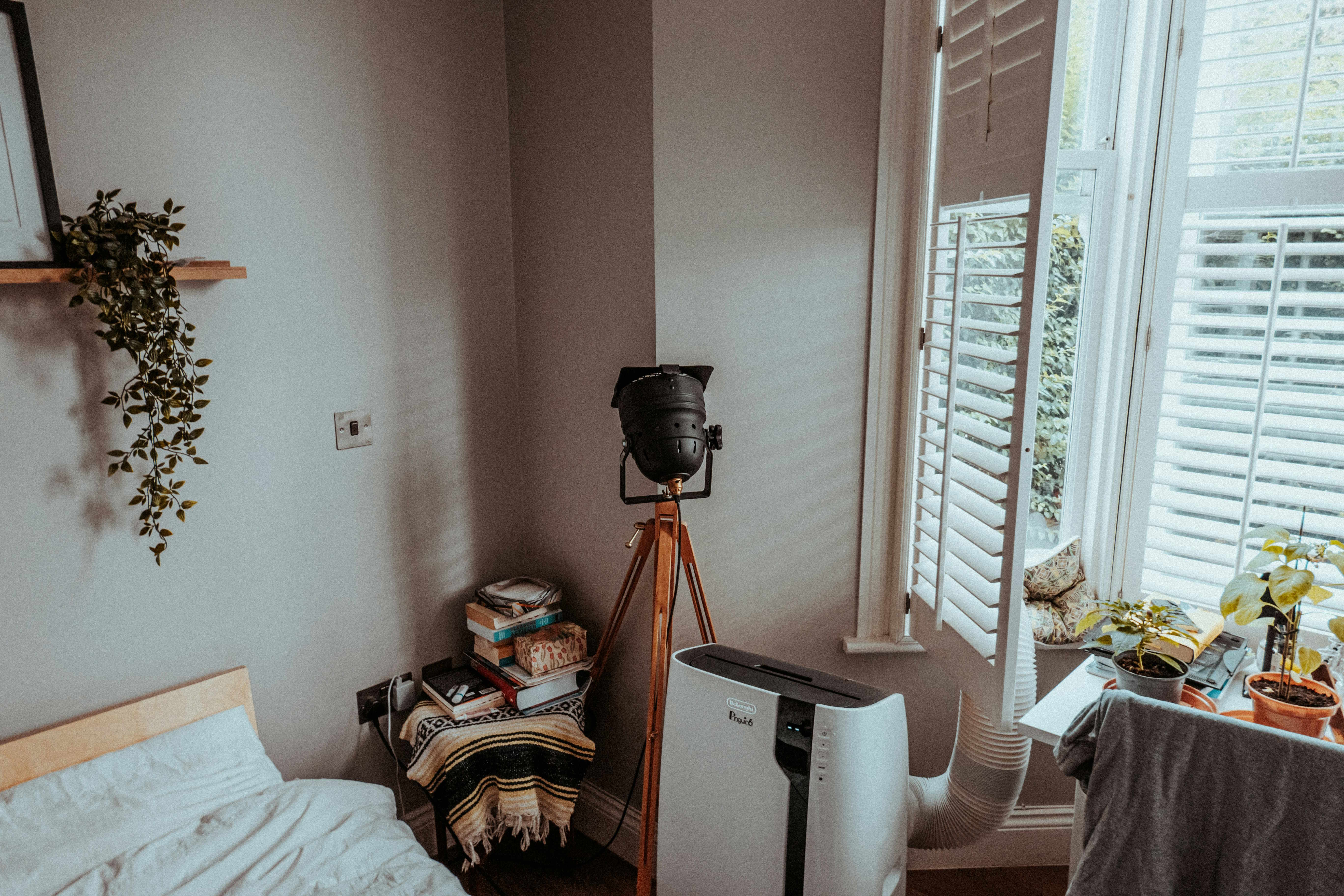Navigating the Labyrinth: A Comprehensive Look at Anxiety Disorders
Anxiety is an innate human response, part of our evolutionary toolkit for survival. It readies our bodies for potential threats, heightening our senses and quickening our reflexes. However, for millions of people worldwide, anxiety isn't just a fleeting reaction to danger. It's a chronic and debilitating condition that significantly affects their daily lives. Anxiety disorders are among the most common mental health issues globally, yet they remain shrouded in misunderstanding and stigma. This article aims to shed light on the topic of anxiety disorders, discussing their historical context, current relevance, and impact on society.

The Roots of Anxiety in Ancient Times
The concept of anxiety is not a modern invention. Ancient Greek and Roman philosophers and physicians recognized it, although their understanding was fundamentally different from ours. Hippocrates, for instance, believed that anxiety resulted from an imbalance of bodily fluids, or “humors.” Galen, a Roman physician, linked anxiety to melancholy, which he thought was caused by an excess of black bile.
During the Middle Ages, anxiety was often attributed to supernatural forces or considered a sign of possession. In the 19th century, Sigmund Freud and other psychoanalysts started to view anxiety as a symptom of unconscious conflicts. It was only in the 20th century that anxiety began to be recognized as a distinct mental health issue. The Diagnostic and Statistical Manual of Mental Disorders (DSM) included anxiety disorders for the first time in 1980.
The Pervasiveness of Anxiety Disorders Today
Today, anxiety disorders are recognized as a serious global health problem. According to the World Health Organization, they affect approximately 264 million people worldwide. In the United States, the National Institute of Mental Health reports that nearly one-third of adults will experience an anxiety disorder at some point in their lives.
There is a wide range of anxiety disorders, including generalized anxiety disorder, panic disorder, and various phobia-related disorders. They are characterized by excessive, persistent fear or worry in situations that are not threatening. People suffering from these disorders may experience symptoms such as restlessness, fatigue, difficulty concentrating, and sleep disturbances.
The Impact and Reception of Anxiety Disorders
The impact of anxiety disorders extends beyond the individual. They can strain relationships, hinder academic and career progress, and even lead to physical health problems. The economic cost is enormous, with billions spent annually on healthcare and lost productivity.
Although awareness of anxiety disorders has increased, the stigma associated with mental health issues remains. Many people with anxiety disorders fear judgment, leading them to avoid seeking help. This fear is not unfounded; studies suggest that negative attitudes towards mental illness are widespread, even among healthcare professionals.
Emerging Trends in Understanding and Managing Anxiety Disorders
Fortunately, our understanding of anxiety disorders has grown significantly over the years. Research has revealed the roles of genetics, brain chemistry, personality, and life events in their development. This knowledge has led to more effective treatments, including cognitive-behavioral therapy, medication, and lifestyle changes.
There’s also a growing interest in alternative treatments like mindfulness-based stress reduction and yoga. Additionally, digital health technologies such as online therapy and mental health apps are making treatment more accessible.
Concluding Thoughts
While the journey of understanding anxiety disorders has been long and complex, it is clear that we have come a long way. The challenge moving forward is not only to continue advancing our knowledge but also to combat the stigma surrounding these disorders. With increased understanding and acceptance, individuals suffering from anxiety disorders can hope for a future where they are not defined by their condition but seen for who they truly are, beyond the labyrinth of their anxiety.




